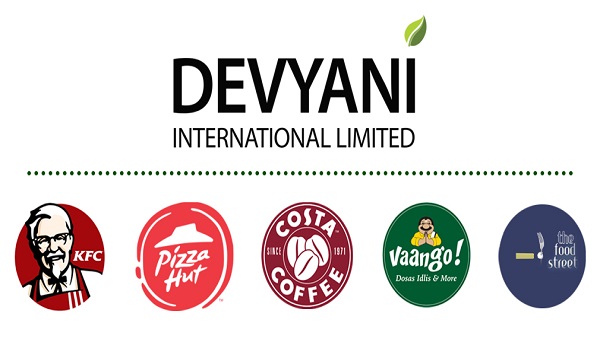Devyani International, India’s leading franchise operator for global brands like KFC and Pizza Hut, has recently captured headlines with bold expansions and strategic partnerships aimed at reshaping the nation’s fast-food landscape. Driven by a surge in second-quarter revenue, Devyani’s moves have propelled its stock up by 6%, drawing significant investor interest.
In a surprising development, Devyani announced partnerships with major global brands to further diversify its offerings. Deals with Malaysia’s popular beverage chain Tealive, Canada’s New York Fries, and Singapore’s Sanook Kitchen are set to bolster Devyani’s reach across India’s food delivery platforms, providing a broader menu to the Indian consumer. Analysts view these collaborations as pivotal in strengthening Devyani’s competitive edge.
The expansion has boosted Devyani’s restaurant count in India from 1,298 to an impressive 1,557, with a strong international presence as well in markets such as Nigeria, Nepal, and Thailand. This growth contributed to a 49% revenue increase, bringing the total to 12.22 billion rupees for the quarter ending in September.
Despite impressive growth, Devyani faces challenges in its core operations. Sales at existing Pizza Hut and KFC locations declined by 5.7% and 7%, respectively, and profits dropped to 170,000 rupees from 333.5 million a year ago. These declines reflect potential saturation in India’s fast-food market and underscore the need for innovation at traditional outlets.
Adding to its portfolio, Devyani is exploring the plant-based food segment to meet the rising demand for health-conscious, sustainable dining options. This strategic move aligns with global trends and could position Devyani as a front-runner in India’s emerging vegan fast-food scene.
The rapid introduction of international brands poses localization challenges. Customizing offerings to cater to Indian tastes requires careful adaptation to cultural preferences, presenting risks if mismanaged. Balancing the integration of new brands with performance improvements at existing outlets is crucial as Devyani pushes forward.
While Devyani’s strategy offers brand diversification and reduced dependence on a few outlets, its rapid growth brings concerns about operational efficiencies and service consistency. Managing the costs associated with new ventures and adaptations will be critical for sustaining profit margins.
Devyani International’s strategic expansions and collaborations reflect the shifting dynamics of India’s food industry. As it navigates these challenges, the company’s efforts could reshape the competitive landscape and deliver an exciting mix of options to consumers. Balancing rapid expansion with profitability, however, remains a complex but essential task for Devyani’s continued success.


